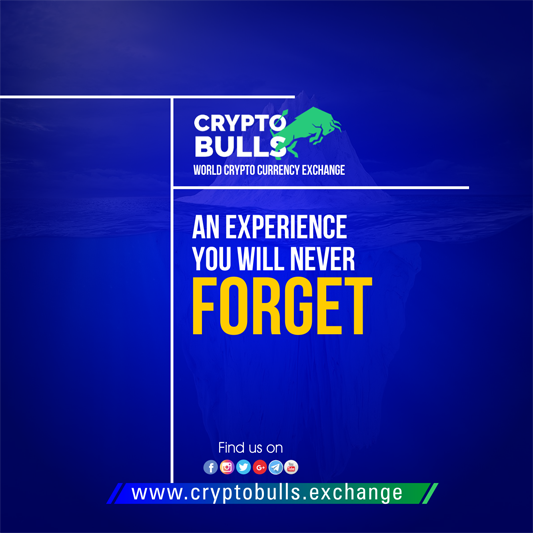A blockchain,[1][2][3] originally block chain,[4][5] is a growing list of records, called blocks, which are linked using cryptography.[1][6] Blockchains which are readable by the public are widely used by cryptocurrencies. Private blockchains have been proposed for business use. Some marketing of blockchains has been called "snake oil."[7]
Each block contains a cryptographic hash of the previous block,[6] a timestamp, and transaction data (generally represented as a merkle tree root hash). By design, a blockchain is resistant to modification of the data. It is "an open, distributed ledger that can record transactions between two parties efficiently and in a verifiable and permanent way".[8] For use as a distributed ledger, a blockchain is typically managed by a peer-to-peer network collectively adhering to a protocol for inter-node communication and validating new blocks. Once recorded, the data in any given block cannot be altered retroactively without alteration of all subsequent blocks, which requires consensus of the network majority.


